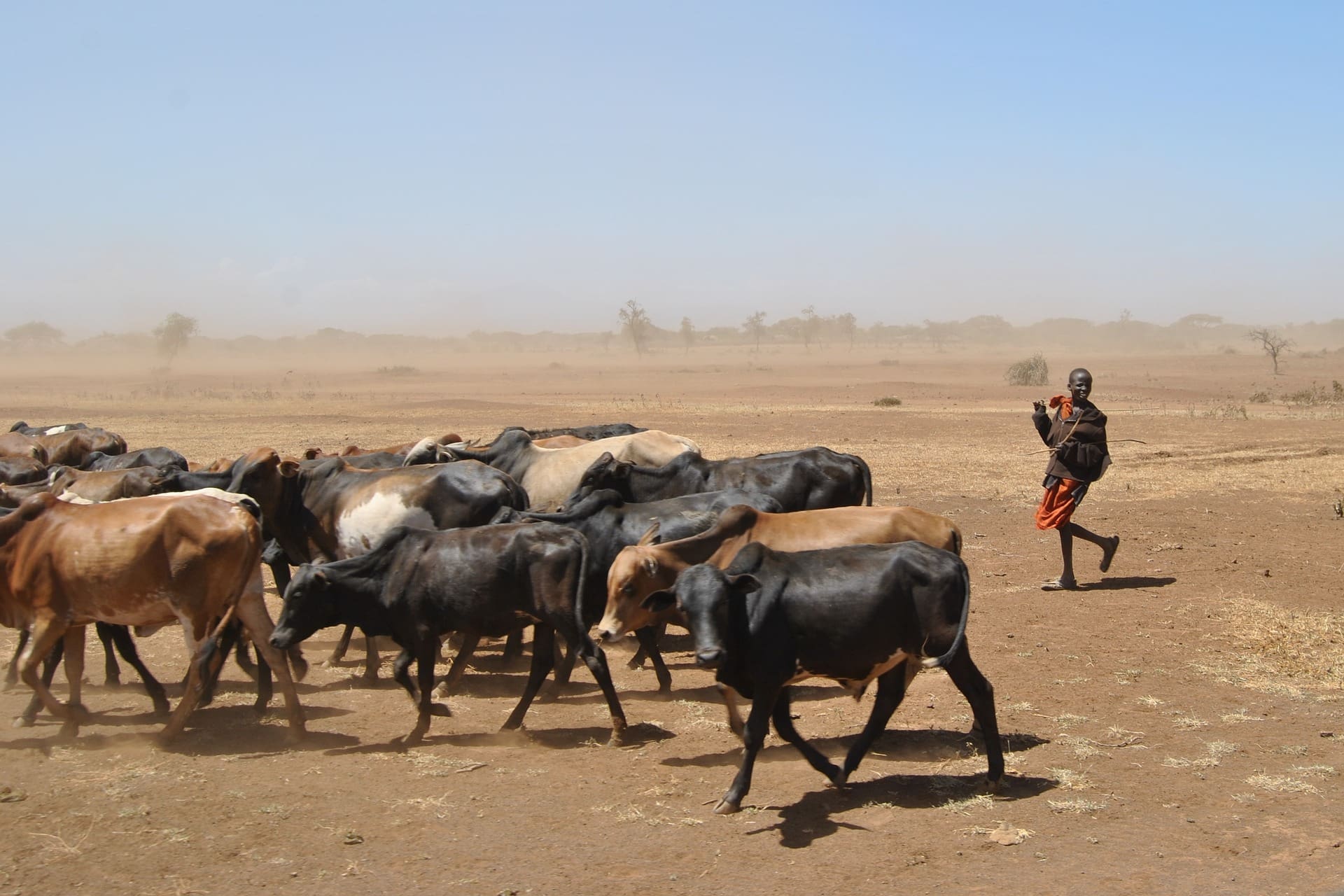
Image: Stock image.
12/01/23
Blog
Reporting on climate change
Speed read
- Journalists need to be familiar with the science behind climate change.
- There are many ways to use climate change to tell an interesting story.
Reporting on climate change is a crucial yet challenging task. James Fahn provides advice on how to write accurate and engaging stories in his SciDev.Net practical guide.
Climate change is the story of the century. All journalists need to be familiar with the science behind climate change and educating yourself on the subject is crucial.
Conduct your study using reliable sources. It’s time to get familiar with key documents on climate change. Research might include articles from the American Association for the Advancement of Science. Or it might mean reading reports from the Intergovernmental Panel on Climate Change (IPCC).
Low- and middle-income countries are often most at risk from climate change; climate crises disproportionately impact poorer nations. This makes it even more important for journalists in these countries to provide informative and well-researched stories.
Most science journalists will write about climate change at some point in their careers. But it’s a big subject. Where do you start? This blog breaks it down.
Communicating doubt when reporting on climate change
Climate change is a complex subject to report. The science can be ambiguous due to its complexity. It’s essential to avoid pitfalls when reporting.
When you’re reporting on climate change, avoid succumbing to sensationalism. Reporters frequently have to strike a compromise. They need a balance between editors’ demands for big headlines and scientists’ warnings of uncertainty.
Learn to communicate risk. Usually, scientists studying climate change discuss different levels of risk. For instance, the most recent IPCC assessment states that climate change is “very likely” caused by human activity. This means there is at least a 90% chance that this is the case. How can you best convey these levels in your story?
Remember to separate specific weather occurrences from climate change. Climate is the long-term average of the weather. A few isolated instances of extreme weather do not prove or disprove climate change.
Don’t use “fake” balance. Being fair and impartial is essential. But some journalists present the arguments made by climate change deniers as a counterargument to climate change. However, if you give minority viewpoints and widely-accepted science equal weight, the balance may be off. If you include climate sceptics’ opinions, mention their qualifications and whether theirs is a minority viewpoint.
‘Selling’ the narrative
When reporting on climate change, journalists must tell an appealing story. Editors and readers need to be engaged in the story, after all! There are many ways to use climate change to tell an interesting story.
Use various angles. Climate change reporting involves angles such as business, human rights, politics, science and technology. Examine these perspectives. Furthermore, remember to report on solutions. If you don’t, the public will likely give up and lose interest. Media coverage must discuss strategies to adapt to and combat climate change.
Connect stories to interesting characters, settings and themes. This is especially important when reporting on people, animals or places threatened by climate change. Put a face and a voice to the problem. And refer to reporting tools like polls. You can also use in-depth investigative reports. Graphics are useful for simplifying complex facts. And, of course, audio, images and videos will help to get people’s attention.
Remember to use various sources. Build trust with scientists. If they feel uncomfortable communicating over email, meet with them face-to-face. Ask them to check your story to build trust. Reach out to people living with the impact of climate change. Talk to people from the local area. Reach out to nongovernmental organisations. The more people you talk to, the more insights you can include.
A local story reveals a global problem
Climate change can feel abstract, so make it personal. Most people are interested in learning how climate change will affect them as an individual.
People living in poorer countries are most at risk from the effects of climate change. Here, journalists play a crucial role. They give a voice to those who can’t speak out. People living in countries affected by climate change might already have stories to tell about how they are surviving a climate crisis. They might have few resources to put towards climate adaptation.
When reporting on climate change, give your story a local angle. Keep an eye out for any local environmental changes. Look for studies that explain the extent to which climate change caused the problems. Stories on climate change often focus on people who can afford to adapt. Not everyone can develop infrastructure or early warning systems to avoid climate risks. Focus on how countries will fund climate adaptation.
Reporting on climate change might seem difficult. Keep in mind that the issue is now being treated much more seriously. Climate change often makes the front page and will likely remain a top story for a long time to come.
